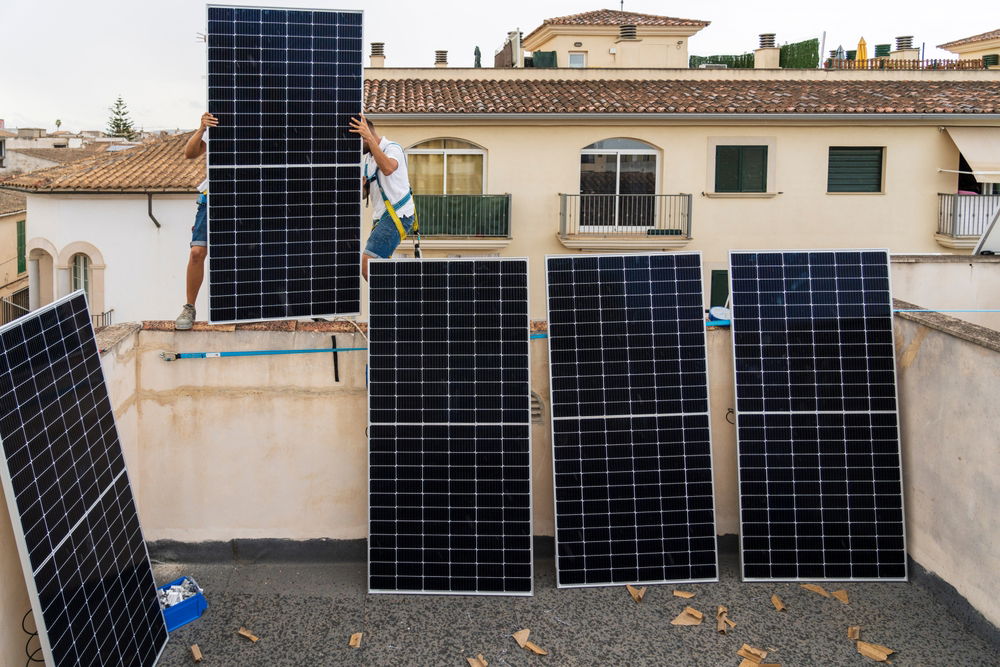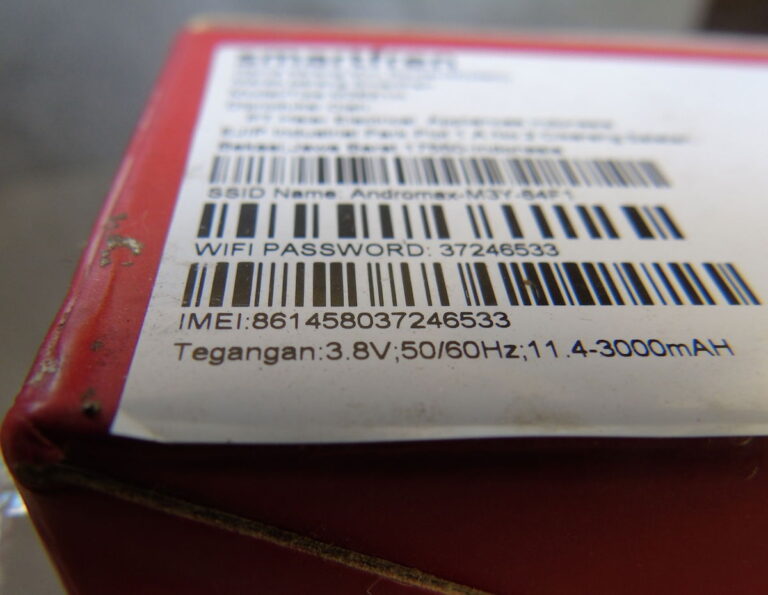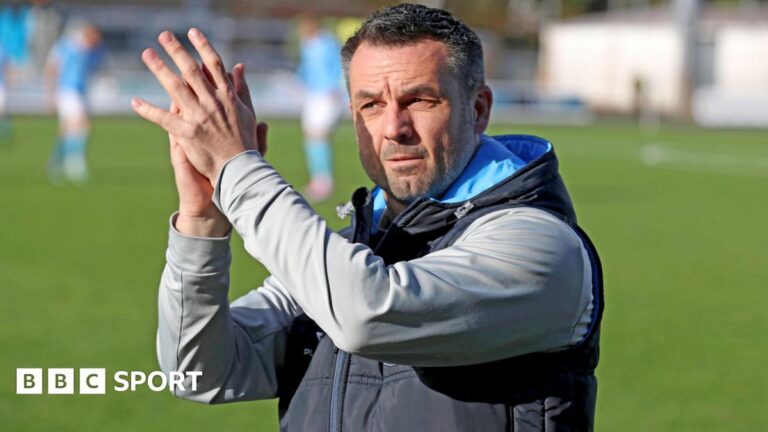
Solar panels might also fail during blackouts | Photo: Tolobalaguer / Shutterstocktock
You’d think that while millions of people were left without electricity for hours in Spain, Portugal, and parts of France, those with solar panels would be reading a book, charging their EVs, playing video games, and not worrying about perishables in their fridge.
Well, not exactly. Many people still do not understand what happens when a blackout, such as Monday’s, occurs, nor do they know if they can run their appliances even if they have solar panels and batteries to store excess energy.
The problem in Spain is that, more likely than not, solar panels are connected to the state-owned and operated energy grid. Solar inverters in most homes with solar panels are hooked up to the grid, so when there is a blackout, they switch off automatically.
Even though solar systems with batteries can function during a blackout, regardless of its extent or duration, they could still fail under certain circumstances.
Why solar systems could fail during a blackout
- If you do not have enough electricity storage capacity, or if the batteries are drained entirely
- If the solar inverter is not designed to work independently from the energy grid
- If proper maintenance has not been done on inverters and batteries, or if these are not functioning correctly, they can fail during a blackout
- Extreme weather conditions could damage the solar panel system
Do blackouts affect solar systems equipped with batteries
Batteries enable solar systems to operate with greater independence from the local or national energy grid. Thanks to the storage capacity in those batteries, lights and refrigerators could continue operating for days and weeks, depending on their specific storage capacity.
However, experts recommend sensible use of the solar-generated electricity because you never know how long a blackout might last.
If you are considering installing solar panels, particularly now that a rare nationwide blackout has occurred in Spain, ensure your system is entirely independent of the grid and that the installed storage capacity is sufficient to last at least a couple of days. And do not forget to keep maintenance fully up to date.







